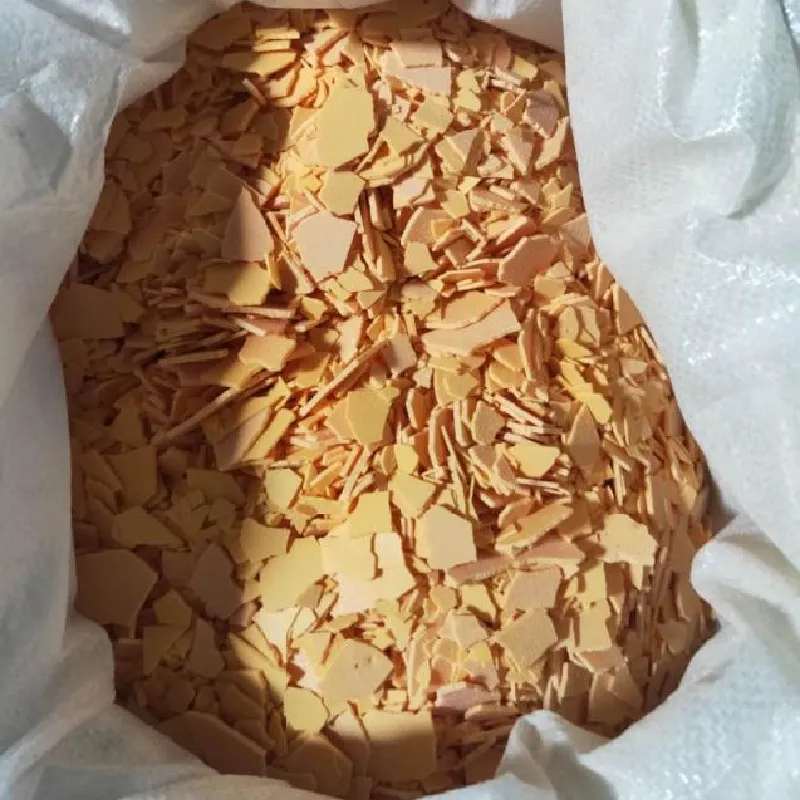
Exploring the Benefits and Functions of Anticaking Agent 551 in Food Products
Understanding Anti-Caking Agent 551 Its Importance in Food Industry
In the realm of food processing and manufacturing, the use of additives has become indispensable for ensuring product longevity, quality, and safety. One such additive is Anti-Caking Agent 551, which plays a crucial role in maintaining the texture and flowability of powdered substances. This article delves into the significance of Anti-Caking Agent 551, how it works, and its applications.
What is Anti-Caking Agent 551?
Anti-Caking Agent 551, also known as silicon dioxide, is a chemical compound made up of silicon and oxygen. It is widely used in the food industry to prevent clumping in powdered products. When moisture enters a powdered substance, it can cause particles to stick together, resulting in a hard mass that is difficult to use. Anti-Caking Agent 551 addresses this issue by absorbing excess moisture and creating a barrier between the particles, ensuring the powder remains free-flowing and easy to handle.
How Anti-Caking Agent 551 Works
The effectiveness of Anti-Caking Agent 551 lies in its unique physical properties. As a fine, silica-based powder, it has a large surface area that allows it to interact with moisture effectively. When mixed with other powdered ingredients, it creates a protective layer that repels moisture, thus reducing the likelihood of clumping. This property not only helps maintain the quality of the product but also enhances its usability for consumers and manufacturers alike.
Applications in the Food Industry
Anti-Caking Agent 551 is utilized in a variety of food products, including
1. Seasonings and Spice Blends Many seasoning mixes rely on Anti-Caking Agent 551 to remain pourable and easy to distribute. Without it, these products could clump together and become unusable.
anticaking agent 551

2. Baking Powders In the baking industry, consistent ingredient flow is crucial for recipe accuracy. Anti-Caking Agent 551 helps ensure that baking powders mix uniformly with other ingredients, improving the overall quality of baked goods.
3. Dairy Products Products such as powdered cheese and powdered milk can benefit from Anti-Caking Agent 551, which keeps them from forming hard lumps during storage.
4. Instant Foods Instant soups and sauces often contain various powdered ingredients. Anti-Caking Agent 551 helps in maintaining their texture and consistency, allowing for easy preparation by consumers.
5. Sugar and Salt Products Both granulated sugar and table salt can absorb moisture from the air. The inclusion of Anti-Caking Agent 551 helps prevent clumping, ensuring that these fundamental ingredients remain user-friendly.
Safety and Regulatory Aspects
Anti-Caking Agent 551 is recognized as safe for consumption by various regulatory bodies, including the U.S. Food and Drug Administration (FDA) and the European Food Safety Authority (EFSA). Its use is considered generally safe when used in accordance with established guidelines. However, as with any additive, transparency in labeling and adherence to safety standards are essential to ensure consumer trust.
Conclusion
In summary, Anti-Caking Agent 551 is a vital component in the food industry, enabling manufacturers to produce high-quality, easy-to-use powdered products. Its ability to prevent clumping enhances the consumer experience, making it a preferred choice for many applications. As the food industry continues to evolve, additives like Anti-Caking Agent 551 will remain key to meeting the demands for quality, convenience, and safety. Understanding its role helps both industry stakeholders and consumers appreciate the intricacies involved in food production.
-
The Safety Challenges of Ammonium Nitrate FertilizerNewsJun.26,2025
-
The Critical Role of Mining ChemicalsNewsJun.26,2025
-
Shelf Life of Glacial Acetic Acid Food GradeNewsJun.26,2025
-
Enhancing PVC Longevity with 1,2,3-Benzotriazole InnovationsNewsJun.26,2025
-
China’s Dominance in Food Additive ProductionNewsJun.26,2025
-
Can Aluminum Hydroxide Replace More Toxic Alternatives?NewsJun.26,2025
-
PE and PP Plastics with Benzotriazole AdditivesNewsJun.12,2025
Hebei Tenger Chemical Technology Co., Ltd. focuses on the chemical industry and is committed to the export service of chemical raw materials.
-

view more DiethanolisopropanolamineIn the ever-growing field of chemical solutions, diethanolisopropanolamine (DEIPA) stands out as a versatile and important compound. Due to its unique chemical structure and properties, DEIPA is of interest to various industries including construction, personal care, and agriculture. -

view more TriisopropanolamineTriisopropanolamine (TIPA) alkanol amine substance, is a kind of alcohol amine compound with amino and alcohol hydroxyl, and because of its molecules contains both amino and hydroxyl. -

view more Tetramethyl Thiuram DisulfideTetramethyl thiuram disulfide, also known as TMTD, is a white to light-yellow powder with a distinct sulfur-like odor. It is soluble in organic solvents such as benzene, acetone, and ethyl acetate, making it highly versatile for use in different formulations. TMTD is known for its excellent vulcanization acceleration properties, which makes it a key ingredient in the production of rubber products. Additionally, it acts as an effective fungicide and bactericide, making it valuable in agricultural applications. Its high purity and stability ensure consistent performance, making it a preferred choice for manufacturers across various industries.











